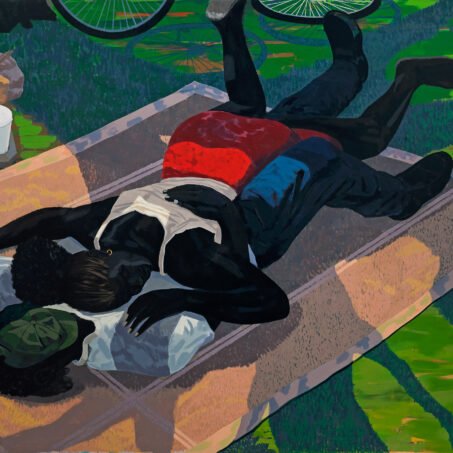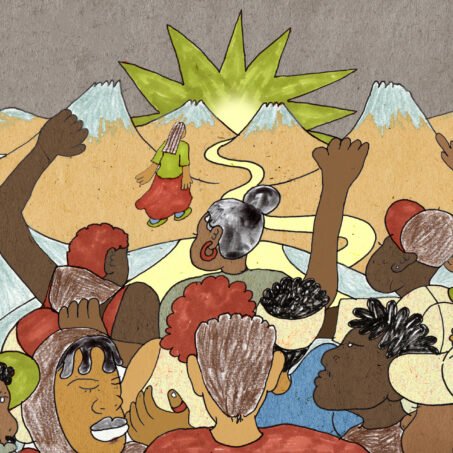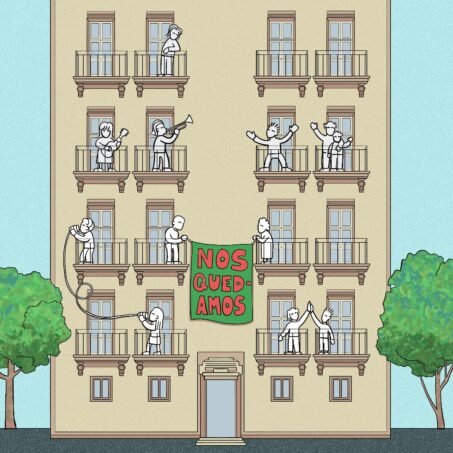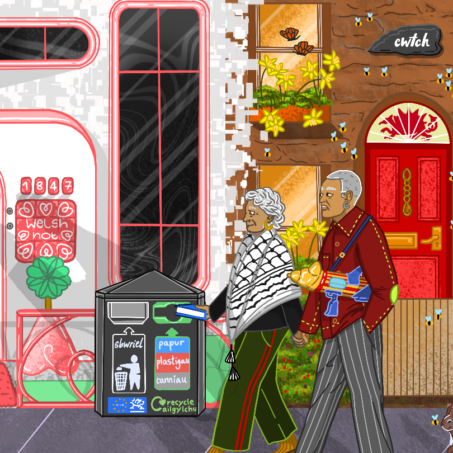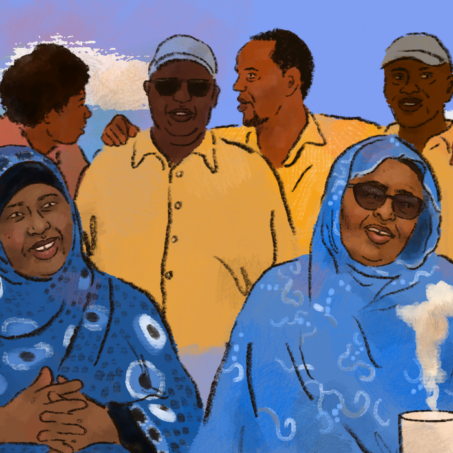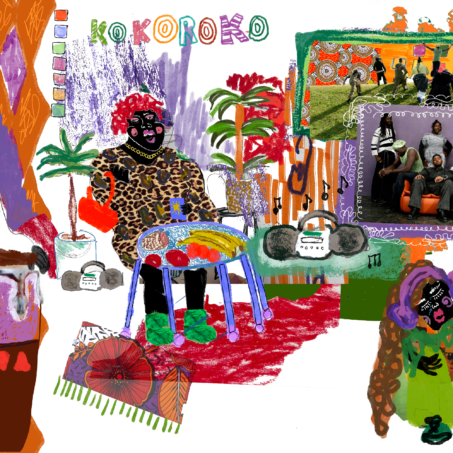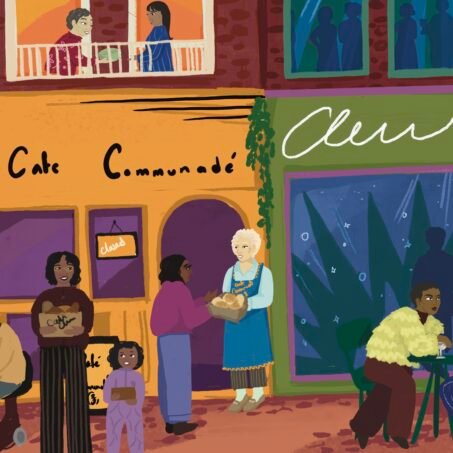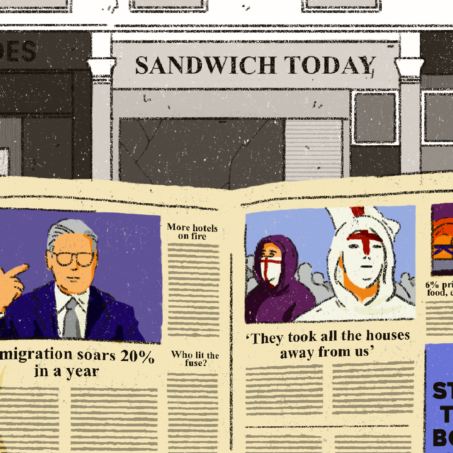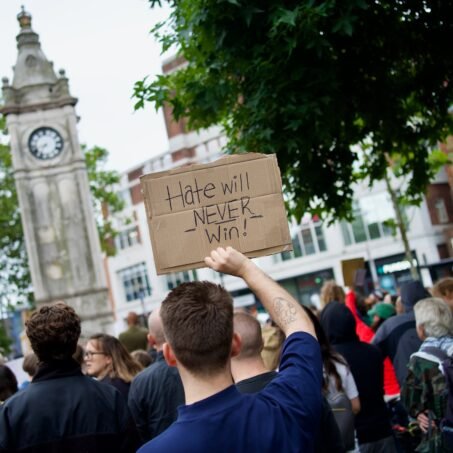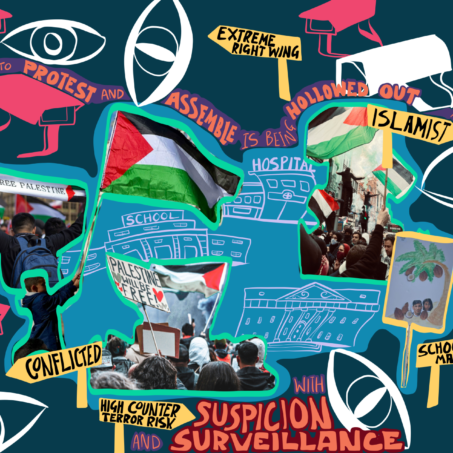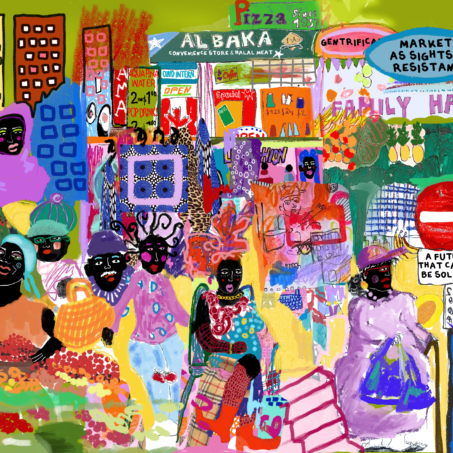Part four of the Police, Crime, Sentencing and Courts Bill – which directly targets nomadic Gypsies and Travellers – has passed through the House of Lords without any amendments.
This section of the Bill aims to clamp down on Gypsies and Travellers setting up unauthorised encampments but given that there are few transit sites and existing sites have a shortage of pitches and long waiting lists, it prevents them from carrying out important cultural practices. For Gypsies and Travellers, the Bill is another piece of legislation in a long history of state oppression. If electoral politics won’t free Gypsy and Traveller people, how can we lessen the effects of the PCSC Bill and work towards a different future?
A history of criminalisation
The misnomered ‘Egyptian’ Act of 1530, which identified Romany Gypsies as coming from Egypt, was one of the first legislative acts targeting nomadic people. It forbade them from entering England and gave those already in residence 16 days to leave. Those who didn’t leave would have their goods confiscated, be escorted from the parish, and risk imprisonment or death by hanging – as was the fate of seven men and one woman in Aylesbury who were in the company of ‘Egyptians’.
In 1554, the act was amended and those who gave up their nomadic lifestyle – in other words, assimilated – would not be prosecuted. Fast forward to the present day and we see that the bigotry still exists. The current Bill will allow the government to ban Gypsies and Travellers from areas for up to 12 months, seize their assets (car and trailer), impose fines and even threaten imprisonment.
The Gypsies and Travellers that turned to parliamentary pathways as a means of resisting the Bill, have been met with disappointment. Main parties have failed to prevent the adoption of some of the Bill’s harshest elements. The lack of parliamentary action only serves to reinforce that the needs of Gypsies and Travellers are not a priority for politicians. With this failure, many of us in the Gypsy and Traveller community have turned our focus and efforts from political campaigning to community organising.
Exclusion and silencing in organising spaces
Traditionally, Gypsy and Traveller voices have been excluded from community organising spaces, and the anti-Traveller sentiment that is prevalent in society can be present there too. Some Gypsy and Traveller activists have been met with stereotyping and discriminatory comments from other activists which can widen the gulf between them.
However, Sisters Uncut, a feminist direct action group who stepped into support protestors in the wake of Sarah Everard’s murder, created an organising space where all people affected by the Bill could assemble and organise across our struggles and identities. Their politics is predicated on a recognition that an infringement upon the rights of some, is an infringement upon the rights of all. After all, just because part four of the Bill has been written with specific Travellers in mind, this does not mean that it will not be used against non-Travellers.
Space needs to be made for Gypsy and Traveller activists – but in a way where not all of the burden is placed upon them. The work for Gypsy and Traveller rights also needs to be undertaken and supported by non-Traveller activists and community organisers. It is important that they educate themselves so that they can easily debunk common myths and stereotypes around our communities, because often so much energy is spent on these conversations that it prevents any action from being taken.
The threats of the Bill
The passing of part four without amendments has meant that our attention has now turned from preventing the Bill passing, to making it unworkable. There has been a tendency to hold non governmental organisations up as the solution, but given that they are often not Traveller-led and bound by non-partisan and funder’s rules, their reach and ability to resist effectively is reduced. The only way we can make the Bill unworkable is by taking to the streets and taking action in our communities.
At present, Gypsies and Travellers who are roadside and targeted by this Bill need direct and immediate assistance. Tactics such as police monitoring groups like Copwatch, and eviction and raid resistance will be the most effective. We have seen the success of such tactics in Pollokshields, Glasgow, against Home Office raids. Anti-raids training can now be found online to help civilians learn to spot the signs and take effective action. On unauthorised encampments, this kind of action can be the difference between families having their homes seized and not.
Action and mutual aid
There are also other actions that can be taken to lessen the financial burden on those that do have their homes taken or face legal action for setting up camp. It is likely that these people will fall outside of the support offered by local authorities, as it is probable that they will be deemed to have made themselves ‘intentionally homeless’.
Mutual aid can bridge the gap for those who might otherwise struggle to find accommodation in the immediate aftermath of eviction. For families with young children, the seizing of their homes can place them at risk of intervention from social services, which we already know presents a greater threat to families that have marginalised identities. Access to legal advice will be important as many people will not have the knowledge of what the police can and can’t do under new legislation.
It is important that the fight for Gypsy and Traveller rights does not get forgotten about in spaces where we aren’t able to organise. The solidarity we have seen needs to continue and to grow, and such support needs to happen in all communities. It will be through everyday actions and community organising that we will create real change.
So, what can you do?
- You can join local cop watch groups to combat immigration raids, Gypsy and Traveller and other evictions, and monitor interactions with the public
- Hold local media to account for their sensationalist reporting on roadside encampments.
- Donate to Gypsy and Traveller led organisations such as GATE Herts and raise awareness of their Report Racism GRT reporting tool
- You can join council meetings to observe and act against local actions against the community; lobby your local council for a transit site or site provision if they do not have any/enough.
- Read How the Police Bill Threatens Britain’s Gypsy and Traveller Communities
- Lobby your local authority to use negotiated stopping instead of enacting their powers under part four of the bill and protest against evictions if they ignore you!
- Engage with Gypsies and Travellers in your local area – see what support they might need on the ground



